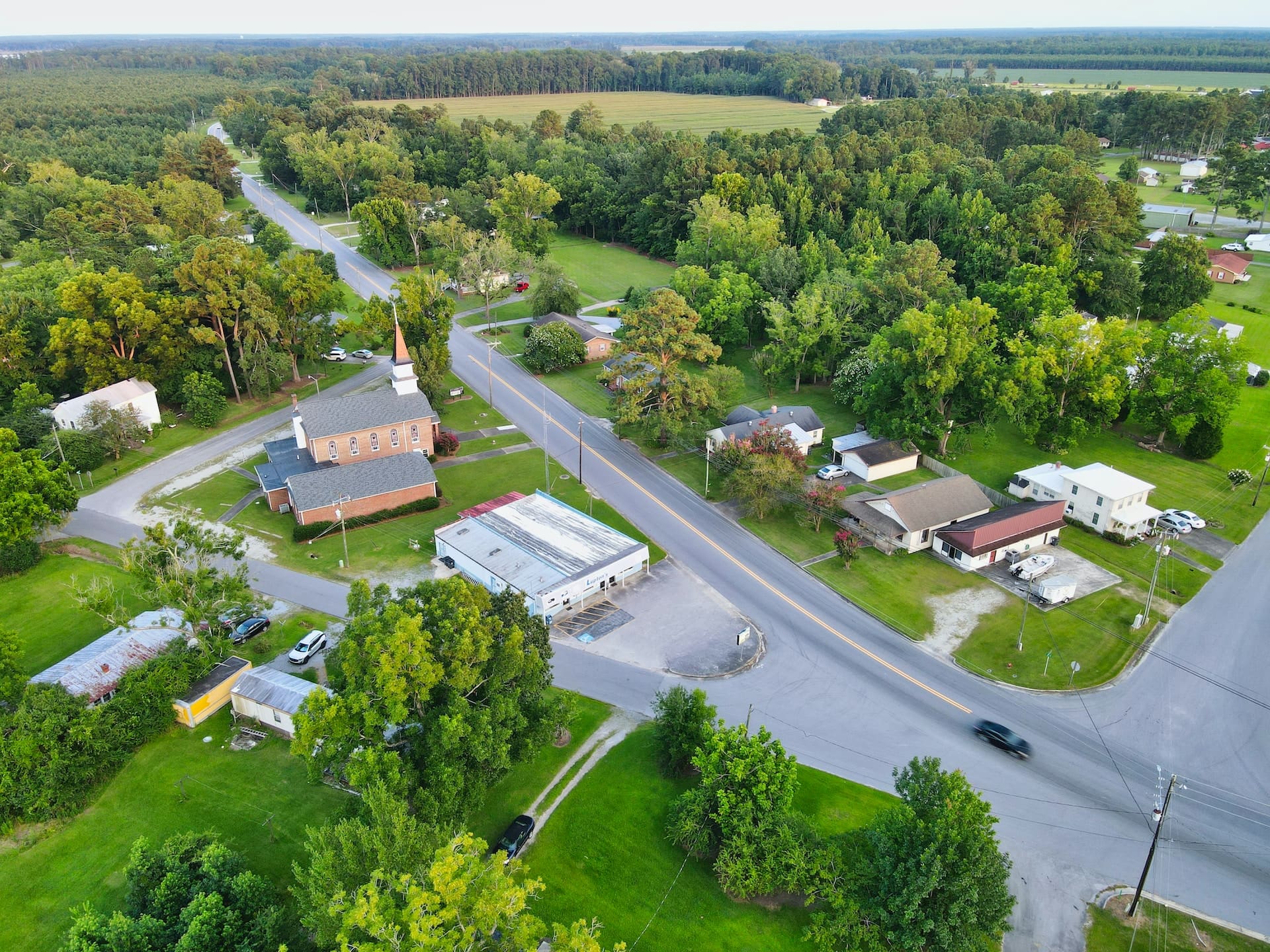By Yvonne Abraham
See original post here.
A new documentary featuring a guaranteed basic income experiment in Cambridge shows the good that comes from giving low-income families a little extra help each month.
Look to the cities. That’s where hope lives these days.
Nihilist Republicans in Washington, D.C., are determined to drive this country into a ditch; their obstructionism all but guaranteeing a government shutdown come Sunday.
In addition to holding aid for Ukraine and disaster relief hostage, GOP holdouts are now demanding massive cuts to federal programs on which millions depend: Let them slash funding for disadvantaged schools, housing subsidies for poor people, nutrition assistance for young children, and home heating assistance for low-income families and maybe, just maybe, they’ll agree to fund the government.
No way that gets past the Senate, but it certainly makes the priorities of the House GOP clear, as if they weren’t already. If a shutdown drags on, millions will be hurt. Those who hurt most will be more numerous in cities, where the effects of callous public policy are always more concentrated.
But a lot of those cities are also the antidote for the cruelty and dysfunction that now defines Speaker Kevin McCarthy’s House. Because local government is where real innovation and transformation can happen. While Republicans are conjuring ever more awful ways to make low-income folks suffer, Mayors like Sumbul Siddiqui of Cambridge are restoring their dignity.
In Cambridge, and in dozens of places across the country, local governments are giving their unluckiest residents a guaranteed income — payments of between $200 and $1,000 per month to help them pay rent, put food on the table, gas up their cars, get an education, or do whatever elsewill relieve them of some of the impossible choices they must make every day.
“If we lift up from the bottom, the whole community will benefit,” Siddiqui said.
In her city, 1922 families — 6,450 residents — are part of Rise Up Cambridge, a $22 million initiative that gives each family $500 per month for 18 months, no strings attached. To qualify, households must have children under 21 and earn less than 250 percent of the federal poverty level — so, about $75,000 for a family of four.
The initiative will be accompanied by a study that will show where residents spent their payments, and how it affected their families’ health and well-being. But we already know from authoritative studies that if you give low-income people money, they use it responsibly.
Recipients across the country, and in pilots in Massachusetts (There have been similar initiatives in Chelsea and among the families who send their kids to Camp Harbor View each summer), say the payments take some of the pressure off, allowing them to be more present for their kids, to pursue careers, further their educations, and build savings.
“People use this money to stabilize and to try to get ahead,” Siddiqui said. “We make it so difficult in our country to escape poverty; there are so many hoops and hurdles. Spending time with your family shouldn’t just be a privilege of the wealthy.”
The mayor, 35, knows whereof she speaks. Her parents emigrated from Pakistan when she was 2 and settled in Cambridge. Even though they worked hard — and are still working hard, into their 70s — they needed help. Siddiqui grew up in low-income housing in North Cambridge, and her parents still live in Roosevelt Towers, in East Cambridge. Her mother is a cashier at a supermarket, and her father is a shipping clerk at a department store. Their daughter attended Brown University, then Northwestern School of Law.
Siddiqui and other mayors are featured in a new documentary called “It’s Basic,” which will be screened at the American Repertory Theater in Cambridge on Thursday night.
The film is about the growing movement to, as Republican President Richard Nixon — yes, Nixon — put it way back in 1971, “place a floor under the income of every family with children in America.” In addition to Siddiqui, it features two recipients in Cambridge: a single father struggling to provide for his two children, one with huge medical needs; and a young mother trying to qualify as a phlebotomist so that her little daughter can have a better life.
“It’s Basic” will enrage you. But it will also make you optimistic that the tide will turn, and that compassion and justice will one day prevail.
Let it be soon.


















